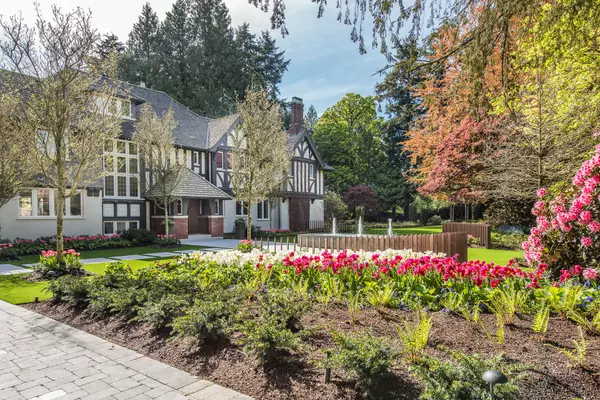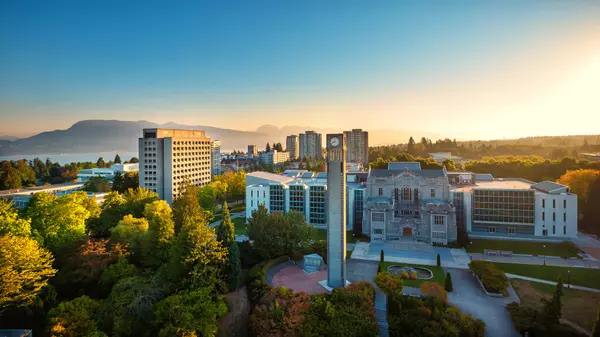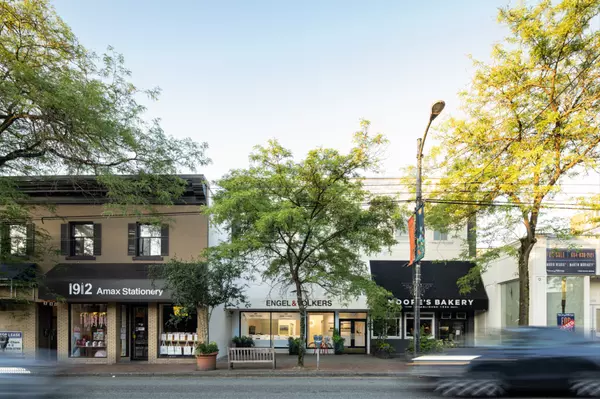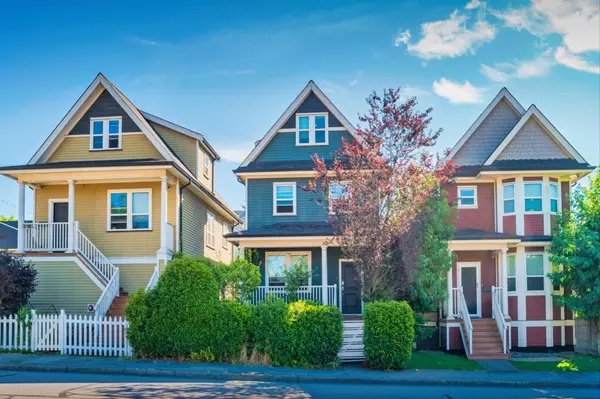
Vancouver Real Estate Market Update: Why 2025 is the Year to Make Your Move
As we step into 2025, Vancouver's real estate market is showing clear signs of renewed energy and opportunity. After a period of rising interest rates and cautious buyers, December 2024 closed with a remarkable 31% increase in home sales compared to the previous year—a strong indicator of growing b
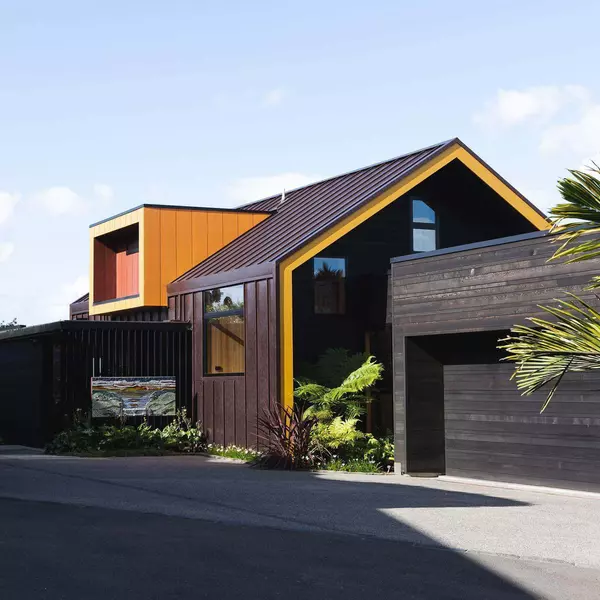
BC Home Flipping Tax 2025: What Every Homeowner Should Know Before Selling
What is the BC Home Flipping Tax? Starting January 1, 2025, the BC Home Flipping Tax will apply to homes, condos, and townhouses sold within two years of purchase. This tax is designed to reduce housing speculation, stabilize prices, and encourage long-term ownership. If you're planning to buy or s
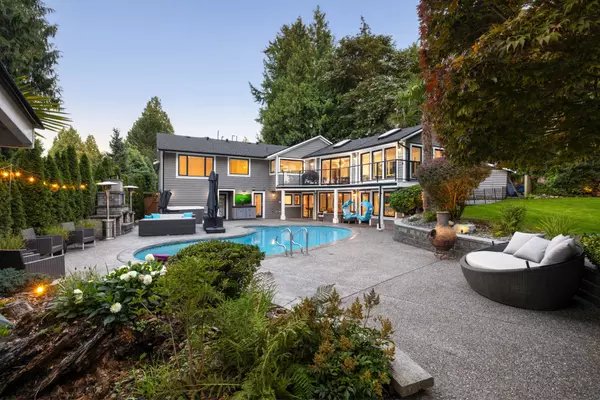
November Mortgage Rate Update: Why Now Might Be the Time to Go Variable in Vancouver
Happy November! It’s hard to believe we’re already in the final quarter of the year—time flies. As we head into the winter season, there’s encouraging news on the mortgage front. The Bank of Canada has recently lowered rates by 0.5%, giving a boost to homebuyers and owners looking to maximize saving
Categories
Recent Posts



